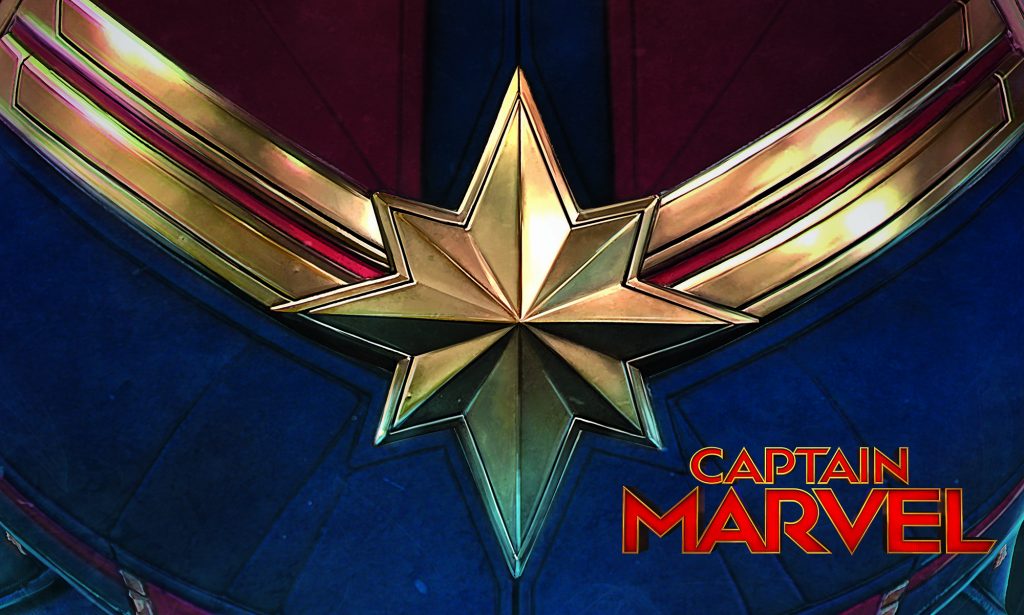
Prior to the release of this particular film, Brie Larson made charged comments about making the press tour “more inclusive”, that she noted the proportionality of one particular demographic. Fine, ok, take that what ever way you want. Personally, I find the notion to be a little silly–the historical majority demographic of comic books (and, I would presume, even MCU/DCEU movies) have been a particular demographic. It makes sense, from a probability perspective, that’s how it would shape up–not, necessarily, that any exclusive malice was occurring, just that it’s representative of the majority demographic. But, many in this world are sensitive about demographics because they project their views of history as to why that is and attempt to associate actual malice to it, as opposed to accepting that perhaps we’ve moved beyond such notions, and that things just are the way they are because that’s the way they were–and that demographics will shift if there is interest. Is that to say that there are not those who would fight to maintain a majority demographic? Certainly not. But, I think that it’s more and more a very minority sentiment. Though, being preachy about such matters or wagging a finger in anyone’s face about it doesn’t help further an environment of neutrality/blindness in those regards. But, maybe that’s me just seeing the world through the lens of my own sentiments regarding race, gender, orientation and creed–it doesn’t matter what your attributes are, but who you are as a person.
So, as far as the story goes, it really was quite good. It avoided being preachy about all the things people feared given the above fairly well. It’s an origin story about a character who, I assume given the events of this film and in the final post-credit scene of Avengers: Infinity War, is going to have a pretty dang big role in vanquishing Thanos in Avengers: Endgame. I don’t know much about comic canon, though I am fairly well-versed on the MCU–which is, of course, just another alternate timeline (which, I get the impression, they tend towards in the comics a lot). You kind of have to look at it from this perspective because a key player in this movie, Nick Fury, loses his eye at the claws of a Flerken. In original Marvel canon, Fury loses his eye in WWII. Since they have made MCU canon to take place in present day, it obviously doesn’t fit. Still, I think they could have given him a better story for his eye–losing it in some stray shot from the Kree or something.
Danvers spends much of the film trying to find out who she is, since she can’t remember a thing about her origin at the beginning of the film (which begins way out in the galaxy in Kree space). I think that was a pretty cool method of storytelling for an origin story–having the character discover this right alongside the audience.
The movie’s not preachy in any overarching way. The way I see it, it’s all about Danvers and doesn’t necessarily speak to any societal theme beyond that. You can easily take it at face-value and not read any deeper into it and have it fit a pretty decent socio-politically neutral character narrative.
I absolutely loved how they integrated Fury and Coulson into this, making it just as much a modern SHIELD origin tale as that of the titular character. There are two post-credit scenes, one that fits right into Endgame (possibly an actual scene from the movie?) and the other just a cute little one of the Flerken coughing up the Tesseract as any mortal cat would cough up a fur-ball. I couldn’t help but cackle at that one, which definitely invited some stares in the still-dark theater.
This was, definitely, a good movie and fits awesomely into MCU lore.